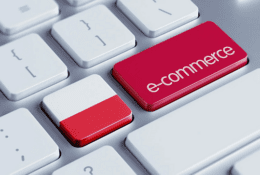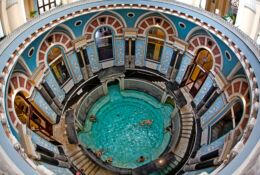Independence Day: Polish history and Poland’s economic transformation
On November 11, 1918, Poland regained its independence after 123 years of partitioning, returning to the map of Europe as a sovereign state. This key moment in the country’s history determined not only its national identity, but also its ambitions for the future. Today, more than a century after regaining freedom, Poland is a country with a dynamically developing economy, modern innovations and strong trade relations.
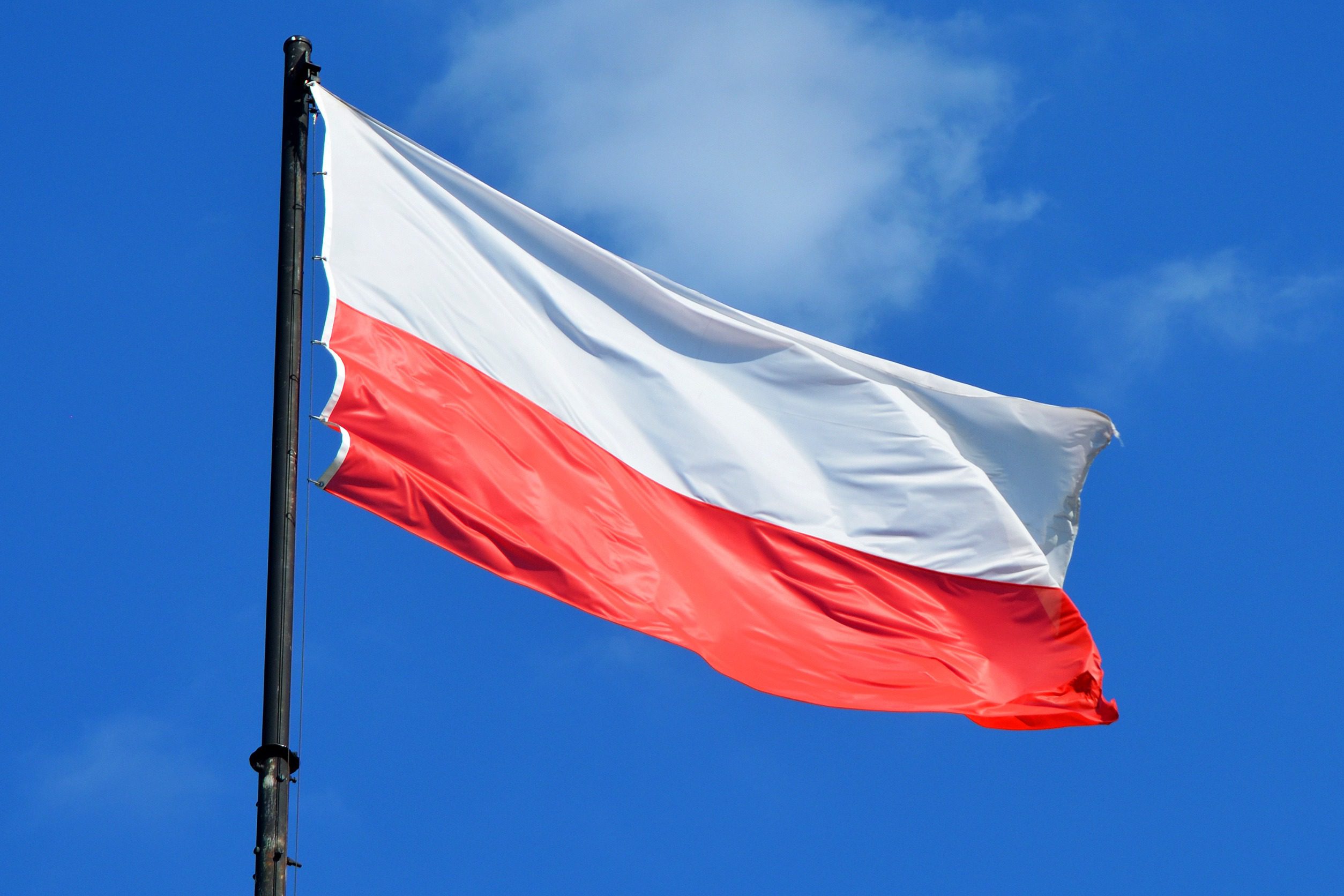
After 1918, Poland faced enormous challenges. The reconstruction of the country after the devastation of the WW I required not only huge financial outlays, but also the introduction of coherent administrative and economic reforms. The interwar period was a time of dynamic industrial development, especially in regions such as Upper Silesia and the Central Industrial Region. However, the outbreak of World War II brought further destruction and tragedies that inhibited Poland’s development for many years.
In the 1990s, after the fall of communism, Poland was able to fully realize its economic potential. The introduction of free-market reforms by the government of Tadeusz Mazowiecki and Leszek Balcerowicz allowed for the transformation of the economy from centrally planned to market-based. In a short period of time, Poland became one of the most important destinations for foreign investment in Central and Eastern Europe, which translated into rapid economic growth. Between 1992 and 2023, the average annual GDP growth was around 4.3 percent, which is one of the highest rates in the European Union.
Poland Today: Economic Growth, Exports and Innovation
Today, the Polish economy is based on solid foundations. In 2023, Poland’s GDP reached 80 percent of the EU average. Poles are highly active in the private sector, which is evident in the significant increase in the number of new companies and technology startups.
One of the key pillars of the economy is export. In 2023, the value of exports of agri-food products amounted to EUR 51.8 billion, an increase of 8.1 percent compared to the previous year. Poland also exports chemical products, electronics, machinery and equipment. What is more, the country has become the leader in Europe in the export of windows and doors, with an almost 29 per cent share in the EU market. It is worth noting that the Polish automotive industry plays a key role in the economy, and parts and components produced in Poland are supplied to the largest car manufacturers in the world.
Poland is also active in the field of innovation. In 2023, the country was ranked 24th in the Global Innovation Index, up three positions from 2020. Technology startups from Warsaw, Krakow and Wroclaw are gaining international recognition, and Poland is becoming a hub for companies from the IT and modern technology sectors. An example is the development of companies dealing with artificial intelligence, which successfully compete on global markets.
Poland as a trading partner
Poland is an important trading partner for many countries around the world. Thanks to the skilful diversification of export markets, the country maintains a high rate of economic growth, even in difficult times of global turmoil. The main markets for Polish products are Germany, the Czech Republic, Great Britain, France and the United States. In addition, Polish companies are increasingly active on the Asian and African markets.
Poland also cooperates with Central European countries as part of the Visegrad Group (V4). Joint infrastructure projects, such as Via Carpathia, strengthen integration and increase the region’s competitiveness on the international arena.
Investing in the future: green technologies and Industry 4.0
Poland not only relies on traditional sectors, but also actively invests in the future. Energy transition and the development of green technologies are among the most important priorities for the coming years. In 2023, the country invested more than €4 billion in the development of renewable energy projects, such as wind farms in the Baltic Sea and the expansion of photovoltaic infrastructure.
Industry 4.0 based on the automation and digitization of production processes is developing dynamically. An example is the project to build a battery factory for electric vehicles in Lower Silesia. Cooperation between technical universities and companies supports research on artificial intelligence, data analysis and modern production technologies.
Culture and heritage
Poland is not only a dynamically developing economy, but also a country with an extremely rich cultural heritage, which plays a key role in promoting the country on the international arena. Since Poland regained its independence, culture has become the foundation of its national identity and one of the most important elements that attract tourists and investors from all over the world.
Polish culture is full of fascinating traditions and art. Krakow, being the former capital of Poland, is famous for its monuments listed on the UNESCO World Heritage List, such as the Wawel Royal Castle and the Old Town. Warsaw, destroyed during World War II, impresses with its Old Town, which is a symbol of the reconstruction and determination of the Polish nation. Known as the “City of a Hundred Bridges”, Wroclaw is one of the most beautiful cultural centres in Central Europe, and Gdansk impresses with its rich maritime history and Gothic architecture.
Polish cuisine is also gaining recognition around the world. Dishes such as pierogi, bigos, żurek and cheesecake are becoming more and more popular abroad, and Polish restaurants are winning international awards and distinctions. Food festivals that take place in cities such as Poznan and Krakow attract both local and foreign visitors, promoting regional flavours and traditional cooking methods.
In the field of music, Poland can boast about its outstanding composers, such as Fryderyk Chopin and Krzysztof Penderecki, whose works are appreciated all over the world. The Warsaw International Fryderyk Chopin Piano Competition attracts the most talented pianists from various countries and is one of the most important musical events in the world.
Polish literature, full of works by outstanding authors, from Adam Mickiewicz to Olga Tokarczuk, winner of the Nobel Prize in Literature, is another important element of Polish culture. Novels and poetry by Polish authors are translated into many languages, and topics related to history and philosophy are gaining recognition among readers around the world.
The Polish art and theatre scene also enjoys international recognition. The Stary Theatre in Krakow and the National Theatre in Warsaw are centres that attract the best directors and actors. The Malta Festival in Poznań or the International Theatre Festival “Kontakt” in Toruń are events that show the important role of theatre art in Polish cultural life. In addition, contemporary art, represented by artists such as Wilhelm Sasnal and Katarzyna Kozyra, finds its place in international exhibitions such as the Venice Biennale.
Poland is also famous for its extremely rich folk traditions. Highlanders from the Podhale are known for their characteristic costumes, music and dances, which attract crowds of tourists to festivals in Zakopane. Regions such as Masuria, Kuyavia and Kashubia cultivate their unique customs, language and handicrafts.
Independence Day
Independence Day is one of the most important days in the Polish national calendar. On this day, Poles throughout the country participate in numerous patriotic events that emphasize the memory of historical events and national unity. In Warsaw, a ceremonial changing of the guard at the Tomb of the Unknown Worrier takes place, attended by the highest state authorities, the army and veterans. The main celebrations in the capital also include a military march and the laying of wreaths.
Independence Day marches, parades and patriotic concerts are organized in cities and towns. Many people participate in independence runs, which have become a tradition, combining physical activity with commemorating the heroes who fought for Polish freedom. Hundreds of red and white flags can be seen on the streets, and residents often wear cotillions in national colours.
On Independence Day, Poland not only remembers its turbulent history, but also proudly looks at the achievements of recent decades. The country, which has come a long way since the partitions and wars, is today an important part of the European community and plays an important role in international economic and cultural relations.
- Everything
- News (6)
-
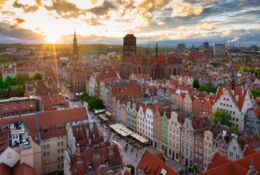 Article
ArticlePoland – an attractive destination for tourists from abroad
“The Best International Destination on a Budget”
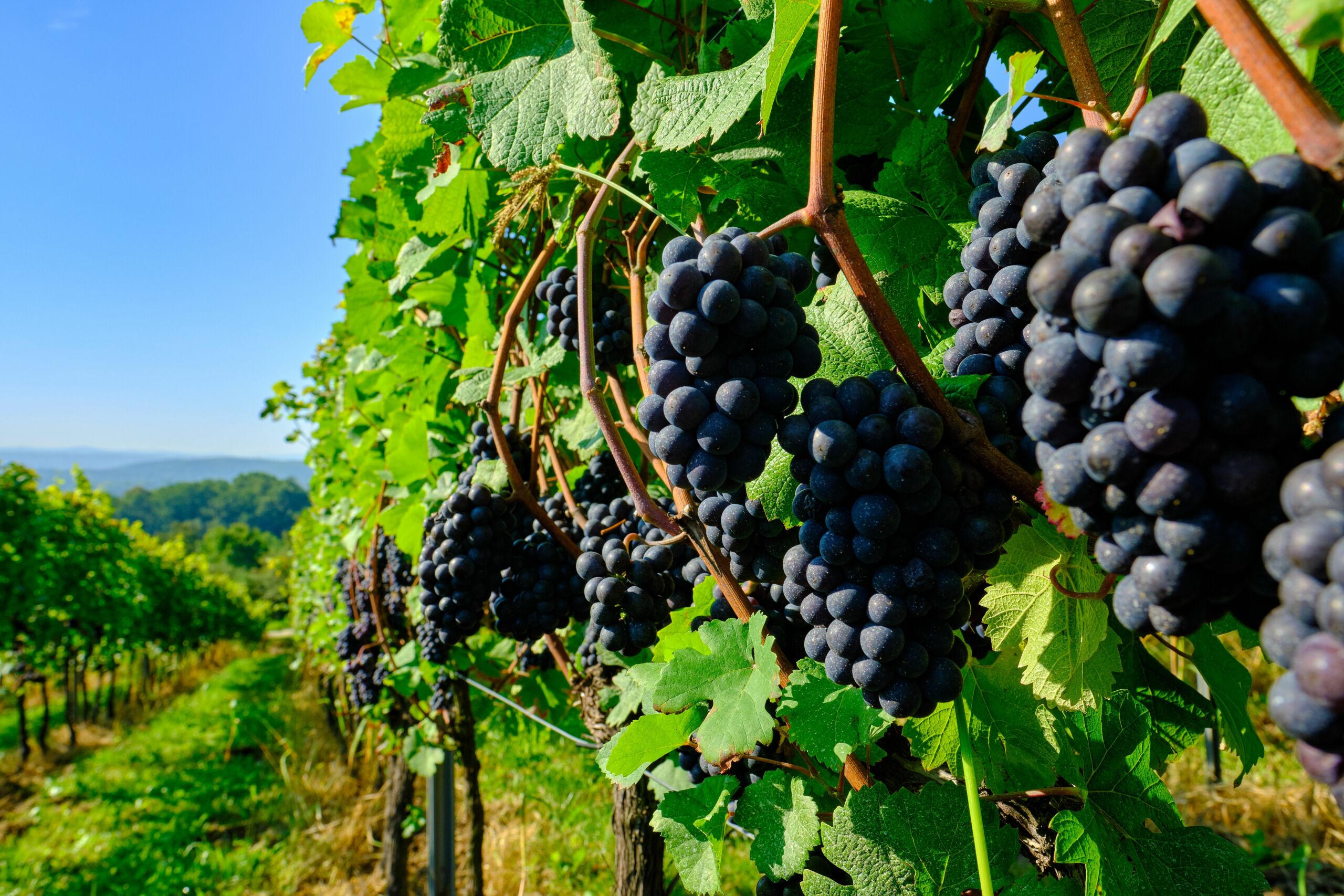 Article
ArticleEnotourism in Poland
According to the data of the National Support Centre for Agriculture (KOWR), wine production plays a…
-
 Article
ArticlePoland – an attractive destination for tourists from abroad
“The Best International Destination on a Budget”
 Article
ArticleEnotourism in Poland
According to the data of the National Support Centre for Agriculture (KOWR), wine production plays a…
The Export Promotion Portal uses cookies to make it easier for users to use the website and for statistical purposes. If you do not block these files, you agree to their use and saving in the memory of your computer or other device. Remember that you can change your browser settings to block the storage of cookies. More information can be found in Privacy Policy and Terms and conditions.
